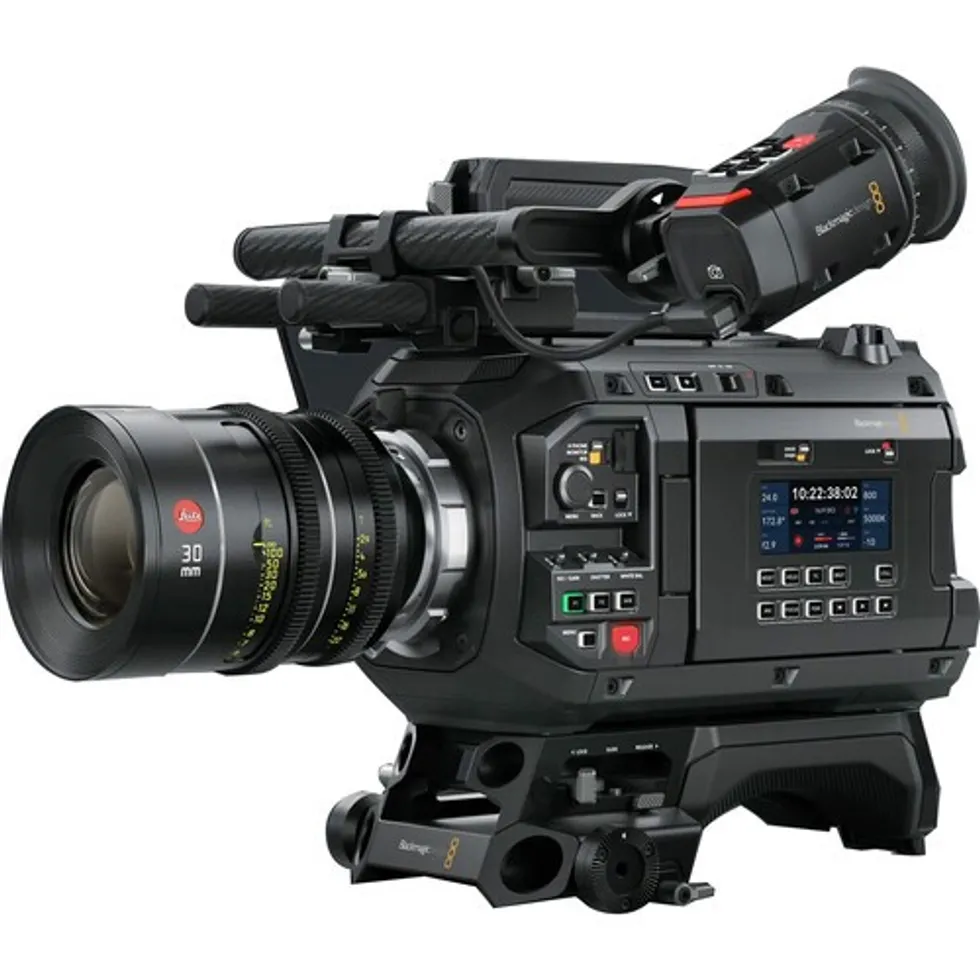
I know what it's like to write a screenplay and want to be finished. There are many times I sit and wonder how many pages I have left? The simple answer to that question is, "Enough to tell the story," but it's more complicated than that.
How do we know when our story is a feature-length movie? Or a short? Or a pilot? Or a half hour?
We're not answering all those questions today, but we're going to help you master writing for runtime, so you can safely anticipate where you are in the story based on how many pages you've written.
Page count affects the kind of project (short, feature, tv show), sometimes can influence the genre, and it affects the read.
Let's start counting pages!
How Many Pages Per Minute of A Script?
I'm sure you've heard the rule that in general, one page of a screenplay equals one minute of screentime in your screenplays.
There are lots of exceptions to those rules, but generally, this is what gets passed around Hollywood.
As a former assistant, I can tell you that I hated reading scripts over 110 pages. But wait, how many pages is a 2-hour movie script?
Well, it COULD be 120... it could also be 160... more on that later.
Long scripts took longer to cover, so there is bias when it comes to page counts in scripts.
Is There a Way to Tell How Many Minutes Per Page My Screenplay Is?
The answer to this question comes from the esteemed John August. He explains in a blog that when you get to a professional level, the Script Supervisor is the person who estimates how long each page actually will be in screen time.
In answer to an email, he goes on to say:
"How accurate is the script timing? Well, that depends on how well the script supervisor has factored in the director’s style. Ang Lee’s Brokeback Mountain featured long, contemplative shots of the heroes herding sheep, which another director might have dropped altogether. But generally, the script timing is in the right ballpark. Although a script supervisor has more experience, you can time a script yourself. My advice would be to read the dialogue aloud, while trying to pad for non-spoken moments. It’s easier with some scripts than others."
Reading aloud is a great way to prove how long your story will be on screen.
There's a famous story that when Aaron Sorkin turned in The Social Network no one wanted to make it because it was 160+ pages. But he and Fincher had other ideas. They audio-recorded Sorkin reading the script and timed it.
The pace and delivery of the lines made the screenplay come in right at two hours.
And so did the movie.
But yeah, imagine for a moment that Sorkin and Fincher had to do that to convince people to make their movie. It's tough out there.
Let us know what you think in the comments.
- How Many Jokes a Page Should a Comedy Screenplay Have? ›
- Calculating Minutes Per Page of a Script? Here Are Some Helpful Tips ›
- The 'One Page = One Minute' Screenwriting Rule is Wrong (and Here's the Data) ›
- You Gotta See Martin Scorsese Doing an Alfred Hitchcock Homage in a Wine Commercial | No Film School ›












